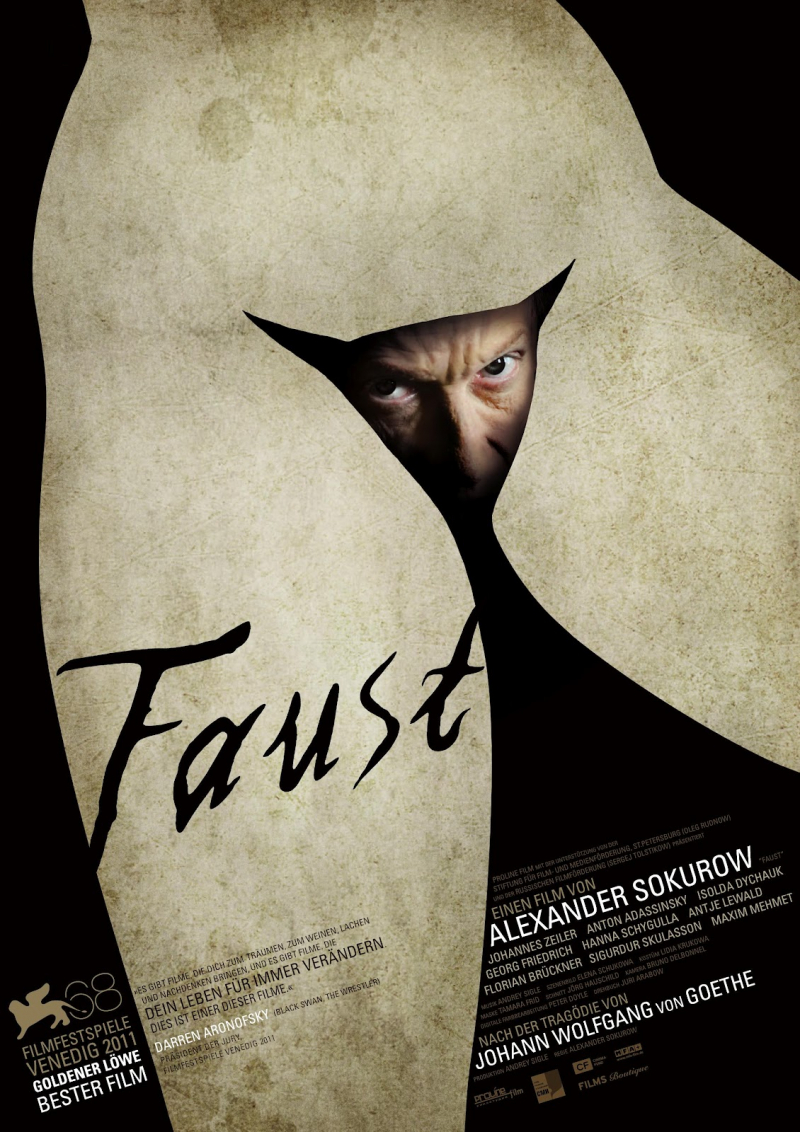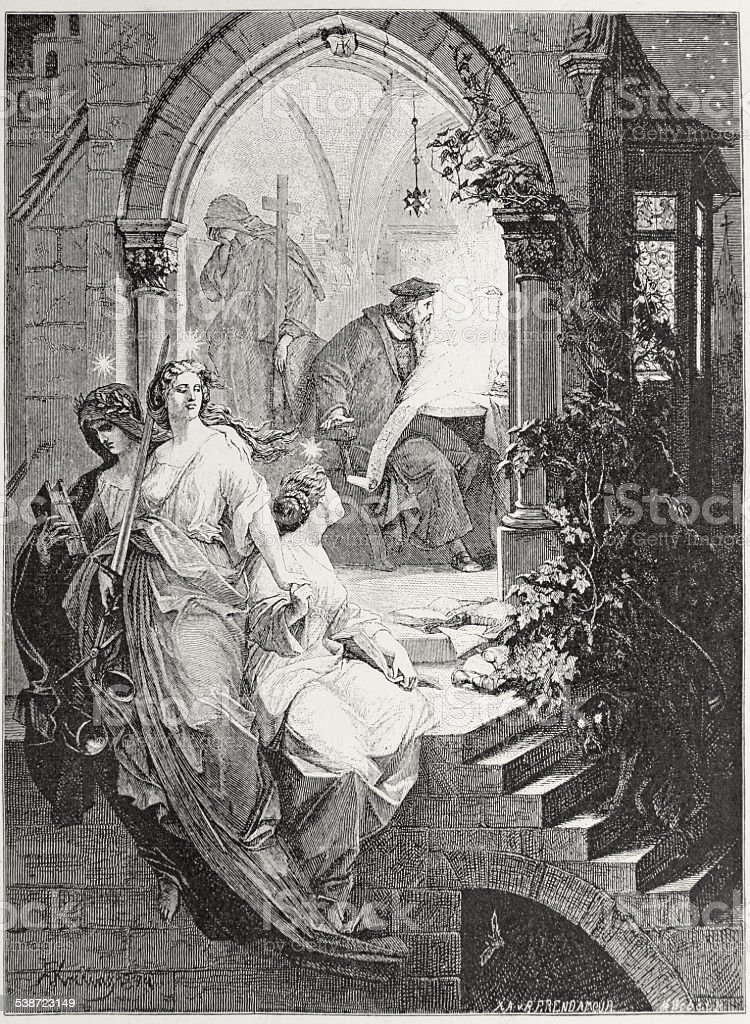Faust
A “Faustian bargain” is a negotiation in which a party is prepared to give up something of the utmost moral or spiritual value in exchange for advantages or goods. It is based on the German myth of Faust, a learned man who exchanged his soul for limitless access to knowledge and pleasures of this life. The story is nearly 400 years old, yet because of several films, literary, and musical adaptations, it is still well-known today.
But what about the myth's real-life subject? Johann Georg Faust, a German theologian and alchemist active in the early 16th century, served as the inspiration for the mythology. Most people appeared to agree that he dabbled in dark magic, while some accused him of being a charlatan while others claimed he was a necromancer.
Faust passed away c. 1540. A brochure outlining his evil behavior was afterwards written, distributed, and became so well-liked that it quickly spread across Europe. A few decades later, English playwright Christopher Marlowe acquired one of these pamphlets. He was moved to pen the play Doctor Faustus, the first of many masterpieces based on this myth, which solidified Faust's reputation as the most infamous person to have struck a pact with the devil.












